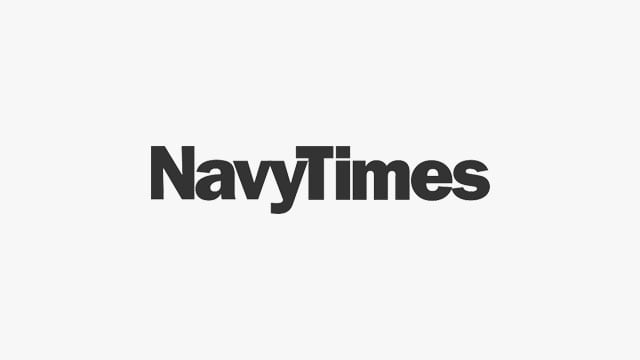WASHINGTON — The commander of the Navy's special warfare units is recommending that the SEALs and combat crew jobs be opened to women, but he warns that women will have greater risk of injury and says the service may be pressured to adjust or lower standards for the jobs.
In a five-page memo, Rear Adm. Brian Losey said that "there are no insurmountable obstacles" to opening the commando jobs to women, but he warned that there are "foreseeable impacts" to integrating them into ground combat units. Losey is the head of the Navy's Special Warfare Command, which includes the SEAL teams and special warfare combatant craft crewmen.
Losey's memo to U.S. Special Operations Command was obtained by The Associated Press. It comes as the U.S. military services are in the final weeks of discussion over whether to ban women from any front-line combat jobs. The Army, Navy and Air Force are expected to open all positions to women, but Marine Gen. Joseph Dunford, who just left his post as commandant of the Marine Corps, has recommended that certain Marine infantry and ground combat jobs remain closed to women.
Dunford became chairman of the Joint Chiefs of Staff on Friday.
While Losey outlines many of the same concerns as the Marine Corps has about how women will fare in some of the military's most demanding jobs, he comes to a different conclusion.
Allowing all qualified candidates to "test themselves" against the difficult physical, mental and other standards required to become a special warfare officer "is ultimately the right thing to do and is clearly consistent with the struggle over centuries to fully represent our nation's values of fairness and equal opportunity," his memo opens.
But Losey states upfront that putting women in the commando jobs is not expected to increase the units' ability to fight in combat. In fact, he said, the effort to integrate the units and change the culture "will channel focus and energy away from core combat readiness and effectiveness efforts."
He said that while there may be "external" pressure to adjust the standards so that women can successfully pass, it's not likely that would succeed. The standards, he said, have been honed over the past 50 years, and that 70 percent of men fail.
"With the recent female graduates from the Ranger course, there may be an expectation that there will soon be female graduates from BUD/S," he said, referring to the SEALs course. "We will welcome any candidate who meets standards."
Losey recommended that Special Warfare Command should manage expectations, and to the extent possible remove gender identity from the application process so that only the most qualified will be selected.
He downplayed the risk of women disrupting social cohesion, saying that while members of the special warfare units may not want women serving alongside them, "acceptance is expected to increase over time." Men, however, will have to adapt to female teammates and the women may face unwarranted scrutiny, isolation and ostracization.
He said there are about 500 women serving in certain Naval Special Warfare Command jobs, including in combat support missions, and they have been deploying with units for more than a decade.
One of the highest risks, he said, involves physical and medical challenges for women. Over the past several years, as the military services have studied and debated the integration of women into combat, there have been persistent concerns about how well they can handle the more extreme physical demands of the jobs and the possible long-term medical impact that may go with it.
Losey said officials expect higher injury rates for women during training, and called for more education and study on the issue.
He also noted that the initial female candidates would be subject to significant media attention that would distract the staff and students and could jeopardize the long-standing mandate that commandos' identities be protected. He recommended that media access be controlled and prohibited at times.
The military services are expected to send their final recommendations to Defense Secretary Ash Carter soon.
In January 2013, then-Defense Secretary Leon Panetta and Joint Chiefs Chairman Gen. Martin Dempsey ordered that a quarter-million positions open regardless of gender. They called for sweeping reviews of the physical requirements for combat jobs and gave the military services until January 2016 to argue if any positions should remain closed to women.





